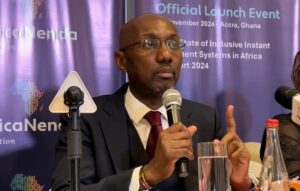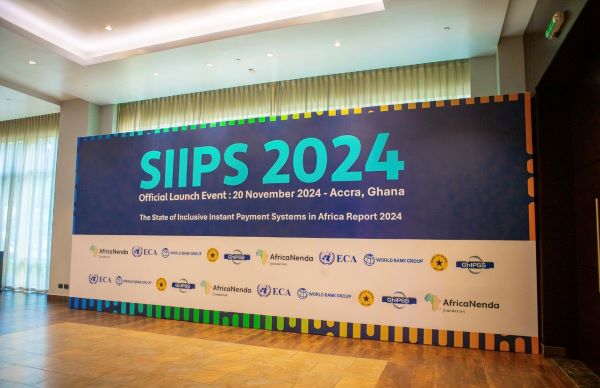adverts
Africa’s instant payment systems (IPSs) achieved a staggering milestone in 2023, recording $1 trillion in transaction value across 49 billion payments, according to the AfricaNenda Foundation’s State of Inclusive Instant Payment Systems (SIIPS) in Africa Report.
This represents a 273% growth since 2020, with transaction volumes surging 47% from 2022’s 33.3 billion payments.
Despite the progress, the report exposes critical shortcomings in inclusivity and interoperability across the continent’s 31 IPSs. While 28 systems are domestic and three are regional, none have reached the “mature” level of inclusivity. Only nine systems are at the “progressed” stage, where interoperability across wallets and banks exists, while 12 remain at the “basic” level, with limited functionality and access. Alarmingly, 10 systems, including the Pan-African Payments and Settlement System (PAPSS), lack sufficient data for evaluation.
adverts
Over 400 million Africans, 60% of whom are women, still lack access to instant payment services. Consumer research identified high costs, fraud risks, and weak data protection as key barriers.
Robert Ochola, CEO of AfricaNenda, emphasised the urgent need to address these issues, stating, “We must ensure instant payment systems are safe, affordable, and accessible to bridge the 40% inclusivity gap.”

The report highlights regulatory disjuncture within and across African countries as a major obstacle to cross-border payments. Different regulators oversee finance, data protection, and identification systems, complicating efforts to create seamless payment systems.
However, regional initiatives like those in the CEMAC and SADC regions showcase progress, enabling smoother cross-border transactions among member states.
To achieve universal access by 2030, Africa must adopt best practices from regional success stories and focus on harmonising regulations. This includes ensuring currency conversions occur without reliance on foreign benchmarks like the dollar, fostering financial independence for the continent.
With 25 new or upgraded IPSs under development and a growing recognition of the need for inclusivity, AfricaNenda remains optimistic about bridging the digital payments gap and driving economic transformation across the continent.


